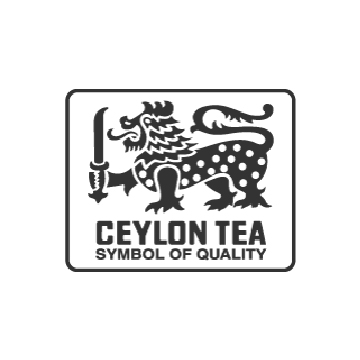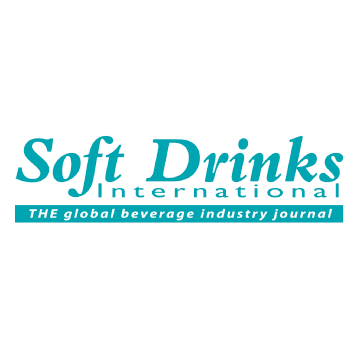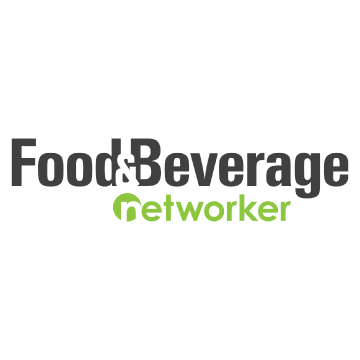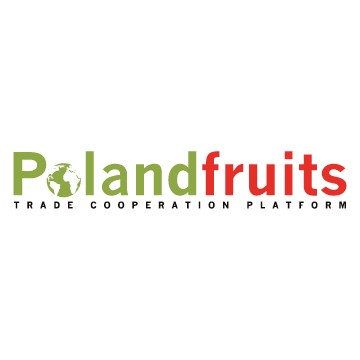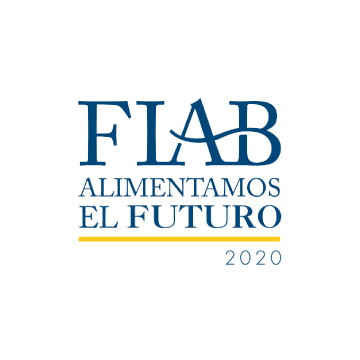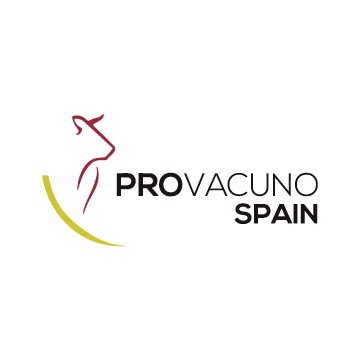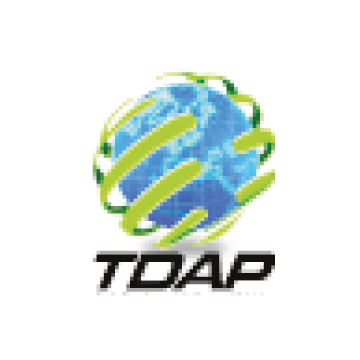The seafood consumption is estimated to grow by 8% per annum to 600,000 tons in 2030
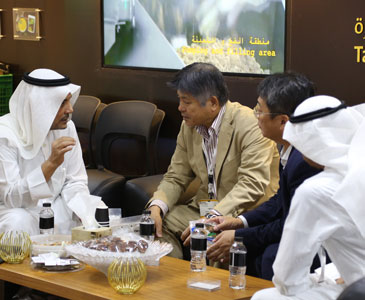
Following
my article last week about agribusiness, another equally important sector to
agriculture is aquaculture. Aquaculture is one of the fastest-growing methods
of producing foods in the world and is estimated by 2030 to be responsible for
two-thirds of the fish that we eat.
Saudi Arabia has a long history in aquaculture since the first shrimp farms
were established along the Red Sea coast in the mid-1980s. Since then, great
advancements have been made, mainly due to the favorable environmental conditions
of the Red Sea as well as to technologies for recirculated aquaculture systems
(RAS) that are being employed by freshwater farms.
Despite the great achievements of the aquaculture sector during the past few
years, it remains a developing sector with regard to production volume,
expansion, and effect on economic development of the Kingdom.
In 2017 the aquaculture industry in Saudi Arabia produced about 60,000 tons of
shrimp, marine and freshwater fish, having doubled its production from the year
before. The plan is for 100,000 tons in 2020, and about 600,000 tons in 2030.
The local market for seafood in the country is thriving and consumption rates
are expected to grow by 8 percent per annum until 2030. Population growth and
the increase in consumption per capita are forecast to generate additional
demand.
Investing in Saudi Arabia’s aquaculture is attractive for investors given the
expanding local and international market, which is why our government has
committed itself to grow this sector to its full potential. That means
investing in infrastructure, research and development, marketing and supporting
the sector with a SR1.3 billion ($346 million) program launched by the Ministry
of Environment, Water and Agriculture. Saudi Arabia is set on meeting the
highest of fish farming standards to unlock a sector that has great potential.
Investment opportunities are already available and will continue as more than
20 new locations along the Red Sea were recently offered for aquaculture
investment.
The
potential of the clean waters of the Red Sea, the favorable environmental
conditions and the advantageous geographical locations for logistics and
transport requirement for seafood, have not been fully capitalized. I highly
believe there is a great room for further growth in production volumes and in
supplying the increasing demand for seafood in local and international markets.
Basil
M.K. Al-Ghalayini is the Chairman and CEO of BMG Financial Group.
Source:
Arab News
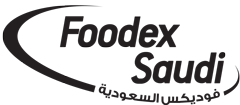
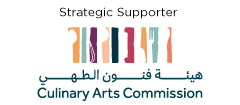
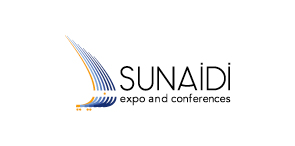
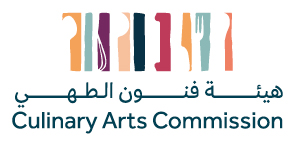



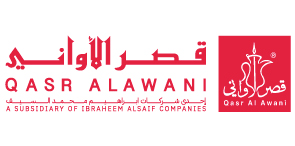
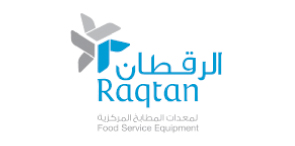

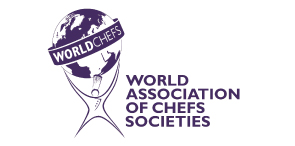
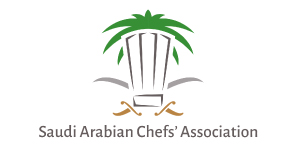



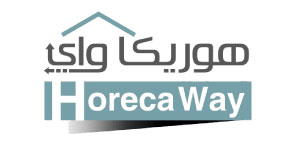
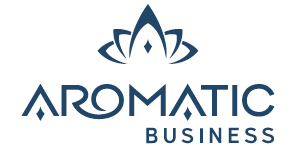

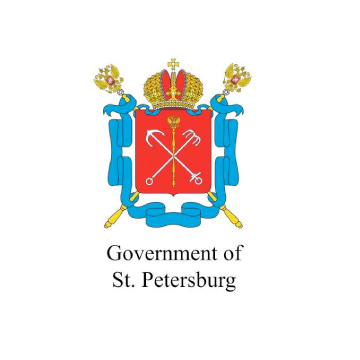



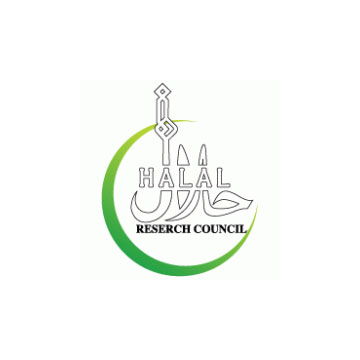
.jpg)


